By Lucy Williamson
BBC News, Dili
Lily’s wide, gentle face crumples when I ask her why she is doing it.
Sitting outside the corrugated tin walls of her temporary home, she holds my gaze as she wipes away tears, and explains that she wants her children to have a better life than the one they have now.
She wants them to have qualifications, she says, to sleep easy at night.
Two things can keep you awake at night in East Timor.
One is the threat of instability. The other is money.
Lily and her husband Ozario are not the poorest here. Ozario makes almost $300 (£154) a month.
But that is not enough to send their children to university, and so they are renting their family home to foreign aid workers.
It gives them an income of $1,350 a month, more than four times Ozario’s salary.
It is just as well. Ozario estimates a university education will cost around $5,000 per child – and the couple have seven of them.
“I started the agency because I want the money to go to the community”
Carlito Alves Estate agent
Lily and Ozario may not realise it, but they are part of a growing experiment here in Dili, to channel international dollars into the local economy.
One of those conducting this experiment is the man who found the couple their latest tenants, Carlito Alves.
Carlito is Dili’s first ever estate agent.
He runs his business from a sparse lock-up in one of the city’s hushed and dusty streets.
There is an expectant feel to the area. New entrepreneurs are tiptoeing cautiously into a post-conflict landscape.
Carlito proudly showed me round his office.
“I started the agency because I want the money to go to the community,” he told me.
“All the houses I show belong to local Timorese owners. Before, no-one knew how to get the money in, but I’m a Timorese and I want the money to go to the community.”
Every year, $850m is spent on East Timor every year. Very little is spent in East Timor
Edward Rees, Peace Dividend Trust
Carlito’s customers are East Timor’s international aid workers, peacekeepers and ambassadors.
Some of them, he said, had been living for months in foreign-owned hotels.
He told me stories of how he would call them up, and persuade them to move to Timorese-owned property.
‘Peace dividend’
Capturing the dollars of international staff is one thing, but what about the organisations they work for?
In a cool, sprawling house in another part of the capital, Edward Rees is thinking about exactly that.
“Every year, $850m is spent on East Timor,” he told me.
“Very little is spent in East Timor.”
Edward Rees runs the Peace Dividend Trust, a project set up six months ago, to pair the needs of major international buyers like the UN with local Timorese suppliers.
So far, the trust estimates it has channelled $3.5m into the Timorese economy, mainly from international aid agencies.
But getting the UN mission on board, it says, is proving difficult.
The problem, says Mr Rees, is that the procurement systems used here in Dili are set by people in New York, who are not necessarily thinking about the best way to procure in a peacekeeping environment.
“They’re thinking about the best way to procure in Geneva or Nairobi,” he explained, “not in Dili, or Khartoum, or Port-au-Prince.”
The Peace Dividend Trust grew out of a UN peacekeeping report into the economic impact of its missions in post-conflict countries.
The research found that only a tiny fraction of those budgets was spent locally.
And that putting more money into the local economy could potentially leave countries better off, even after peacekeepers withdrew.
The UN mission here in Dili currently has a budget of $150 million a year.
Practical limitations
Around 6% of that is spent directly on local companies, which is an improvement on a few years ago.
The UN chief of procurement in Dili, Hugh Price, admits that more could probably be done, but he says there are limits on how practical and how wise spending locally is.
“Peacekeeping missions are primarily designed to be a stand-alone operation”
Hugh Price, UN chief of procurement, Dili
First of all, the money issue: “It is cheaper for the taxpayers who pay for the UN to have generic systems contracts for things like computers, spare tyres, office furniture,” he told me.
“So we’ll turn to the local economy when those things are either not available or when we have an urgent need to pick it up.”
But Mr Price says there is also a security issue.
“Peacekeeping missions are primarily designed to be a stand-alone operation, because you’re operating in what are often volatile environments.
“So you’re not going to have yourself exposed by having all your stuff sourced and maintained locally, because if that is not available, then you have a problem.”
But down the road at Camp Phoenix – home of the international forces here – they see things differently.
Jobs and peace
Commanding Officer Wade Stothart says that Timorese companies are considered before foreign ones for every contract that is signed.
That does perhaps make it more expensive, he said, but it pays off in other ways.
“You could potentially make some savings to the defence operation here,” he told me.
“But from a whole national perspective, in terms of improving East Timor and improving its security, we still think it’s money well spent.
“We could be doing things cheaper, but overall it’s having a difficult to quantify but very positive effect.”
Jobs and peace often go together.
A healthy economy gives people good reasons to avoid disruption, and gives bored – often frustrated – young men something to do.
According to the World Bank, some 15,000 young people enter East Timor’s job market every year. Only 400 will find jobs.
Leaving the rest with nothing to do could be a very expensive decision indeed.
Story from BBC NEWS:
http://news.bbc.co.uk/go/pr/fr/-/2/hi/asia-pacific/7450121.stm
Published: 2008/06/14 00:17:39 GMT
© BBC MMVIII
Tags : Uncategorized
More from this author -
Latest News -
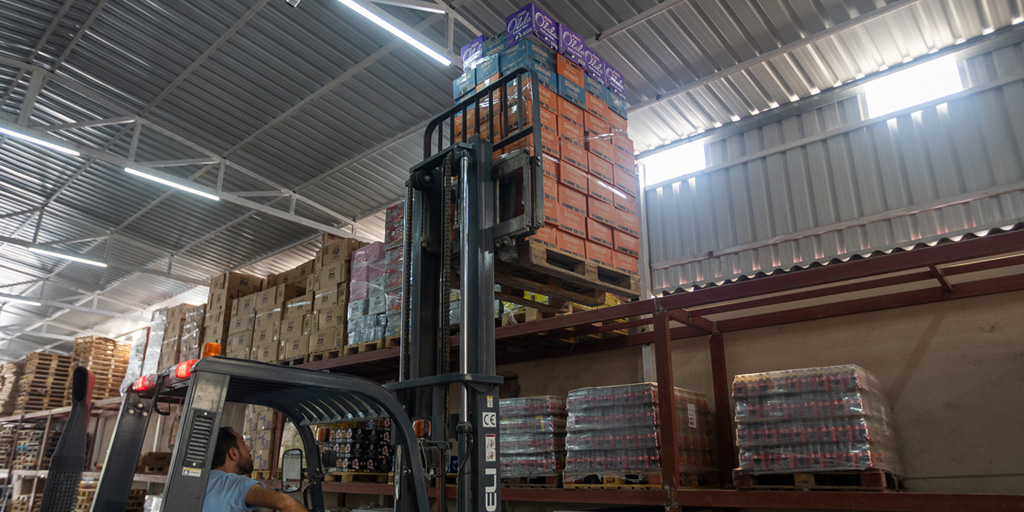
PDT – First Annual Plan of Action
Uncategorized
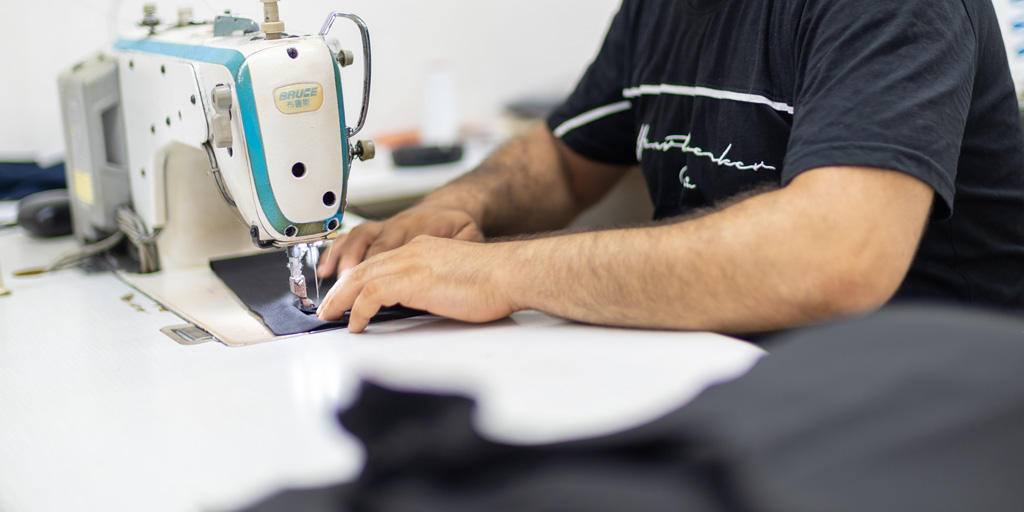
New assistance for local businesses available from Peace Dividend Trust
Uncategorized
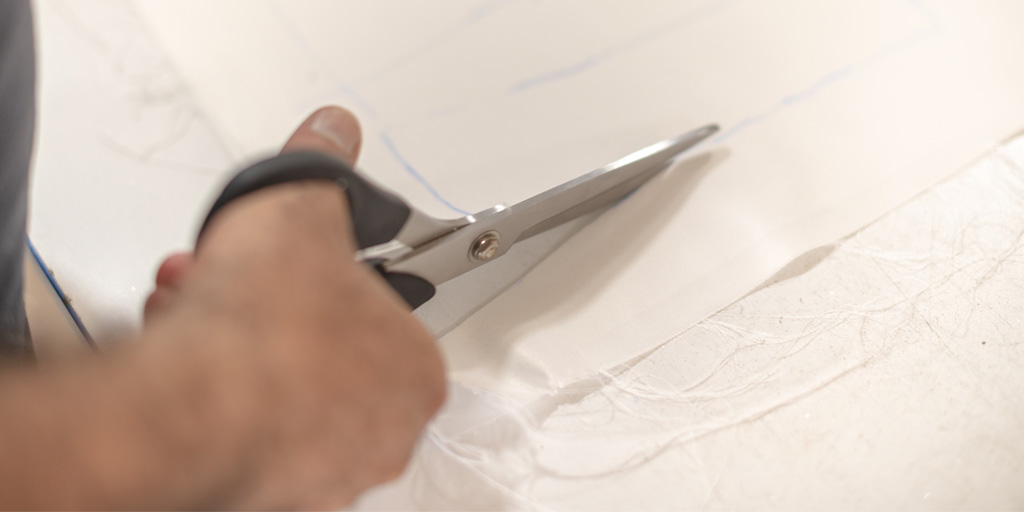
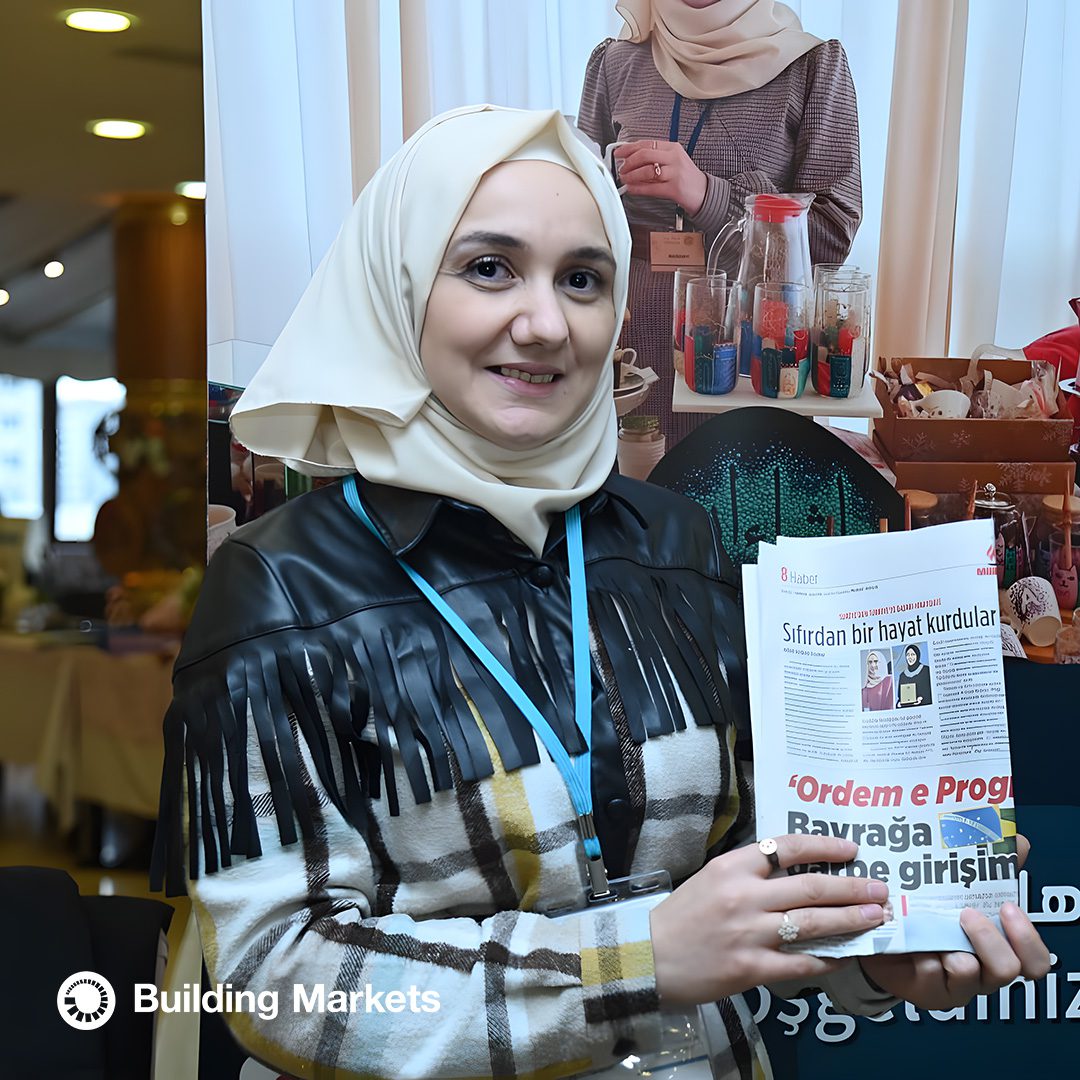
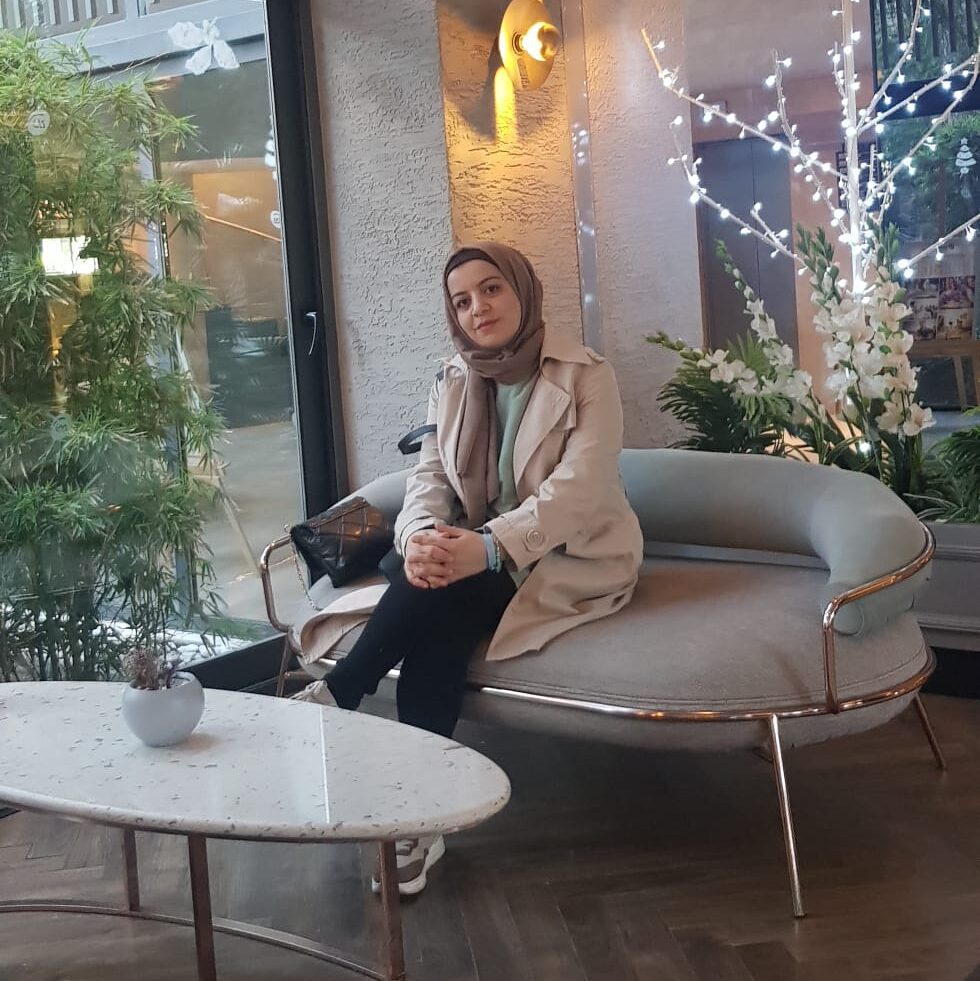
![[Press Release] Building Markets Awarded Grant from the Nasdaq Foundation to Empower Women Entrepreneurs in Colombia](https://buildingmarkets.org/wp-content/uploads/2024/03/Nasdaq-Partnership-Announcement-2.jpg)